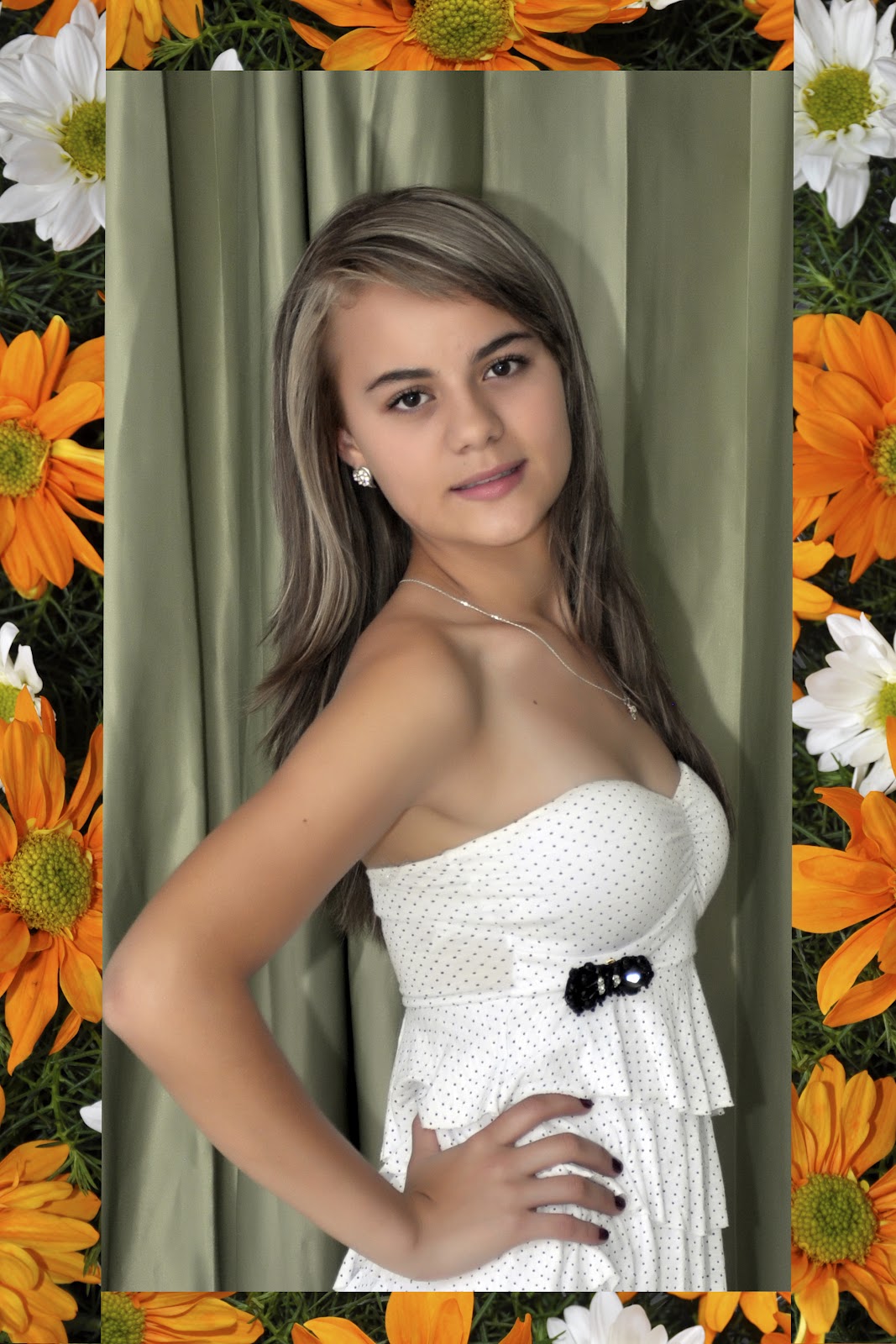TTL models have emerged as a significant aspect in various fields, including technology, fashion, and photography. These models are not just tools; they represent a blend of art and science, bringing together creativity and technical expertise. In this article, we will delve into the intricacies of TTL models, exploring their definition, applications, and the impact they have had in their respective domains.
The term TTL stands for "Through The Lens," which refers to a method of metering light in photography and visual arts. Understanding TTL models can enhance the quality of your work, whether you are a professional photographer, a fashion enthusiast, or someone interested in technology. This guide aims to provide you with valuable insights into TTL models, their benefits, and how to effectively implement them in your projects.
As we navigate through the various sections of this article, we will cover essential topics, including the history of TTL models, their advantages, and practical applications. We will also provide you with expert tips to maximize your use of TTL models, ensuring you gain a comprehensive understanding of this fascinating subject.
Table of Contents
- 1. What are TTL Models?
- 2. History of TTL Models
- 3. Advantages of TTL Models
- 4. Applications of TTL Models
- 5. How to Use TTL Models
- 6. Expert Tips for Using TTL Models
- 7. Common Misconceptions About TTL Models
- 8. Conclusion
1. What are TTL Models?
TTL models are a sophisticated method of measuring light that allows photographers to achieve optimal exposure in their images. By utilizing sensors in the camera that measure the light reflecting off the subject, TTL models facilitate accurate exposure settings. This is particularly beneficial in dynamic environments where lighting conditions may change rapidly.
Key Features of TTL Models
- Real-time light measurement
- Automatic exposure adjustments
- Compatibility with various camera systems
- Enhanced creativity through precise exposure control
2. History of TTL Models
The development of TTL models can be traced back to the early days of photography. The introduction of electronic sensors in the 1970s revolutionized the way light was measured, leading to the creation of the first TTL metering systems. As technology advanced, TTL models became more sophisticated, incorporating features such as autofocus and advanced exposure settings.
Milestones in TTL Model Development
- 1970s: Introduction of electronic TTL metering
- 1980s: Integration of autofocus technology
- 1990s: Rise of digital photography and advanced TTL systems
- 2000s: Continuous improvements in sensor technology
3. Advantages of TTL Models
Utilizing TTL models in photography offers numerous advantages, making them a preferred choice for many professionals. Some of the key benefits include:
- Precision: TTL models provide highly accurate exposure readings, ensuring that images are neither overexposed nor underexposed.
- Speed: The real-time measurement capabilities of TTL models allow photographers to make quick adjustments, particularly in fast-paced environments.
- Versatility: TTL models can be used across various styles of photography, including portrait, landscape, and event photography.
4. Applications of TTL Models
TTL models find applications in various fields beyond photography, including fashion modeling and technology. Here are some notable examples:
In Photography
Photographers often use TTL models to achieve the best lighting conditions for their shoots, ensuring that every detail is captured accurately.
In Fashion
TTL models are vital in fashion shows and photoshoots, where lighting plays a crucial role in showcasing garments effectively.
In Technology
In the tech industry, TTL models are used in cameras and imaging devices, facilitating advancements in automated photography and visual media.
5. How to Use TTL Models
Using TTL models effectively requires understanding the settings and features of your camera. Here’s a step-by-step guide:
- Set your camera to TTL mode.
- Adjust the exposure compensation as needed for your scene.
- Frame your shot and press the shutter button to capture the image.
- Review the exposure and make adjustments if necessary.
6. Expert Tips for Using TTL Models
To maximize the benefits of TTL models, consider these expert tips:
- Experiment with different lighting conditions to understand how TTL models respond.
- Practice using exposure compensation to achieve desired results.
- Utilize manual adjustments in challenging lighting situations.
7. Common Misconceptions About TTL Models
Despite their popularity, several misconceptions surround TTL models:
- Myth: TTL models are only for professional photographers.
- Fact: Anyone can use TTL models, regardless of skill level.
- Myth: TTL models are infallible.
- Fact: Understanding lighting and exposure still plays a crucial role in achieving the best results.
8. Conclusion
Understanding TTL models is essential for anyone involved in photography, fashion, or technology. These models provide a unique way to measure light accurately, enhancing the quality of work across various fields. As we have explored, the advantages and applications of TTL models are vast, making them a valuable tool for both professionals and enthusiasts alike.
We encourage you to implement the tips shared in this article and explore the world of TTL models further. If you have any questions or experiences to share, please leave a comment below or share this article with others who might find it helpful. Happy photographing!
Thank you for reading! We hope to see you back here for more insightful articles in the future.
Article Recommendations


